Dr. Le Viet Quoc is a scientist working at Google. He is one of the most mentioned names in the field of artificial intelligence (AI). His name is associated with Google's famous projects on artificial intelligence such as Google Translate, Google Search, Google Brain.
In 2014, Mr. Le Viet Quoc was honored by MIT Technology Review as one of the world's best inventors under 35 years old. His research also received a series of awards at international conferences on artificial intelligence and was introduced in the New York Times.
Mr. Quoc holds a PhD in Computer Science from Stanford University and a BA in Software Engineering with honors from the Australian National University.
On the occasion of returning to Vietnam to attend the AISC 2025 international conference, he shared about Vietnam's opportunities in the fields of AI and semiconductors.
At this conference, Dr. Christopher Nguyen - CEO of Aitomatic - assessed AI and semiconductors as "a once-in-4,000-year opportunity" for Vietnam. How do you evaluate the potential of Vietnam's AI industry?
- I consider this a great opportunity for Vietnam. In technology, the time to reach maturity is not too early and not too late.
At present, if Vietnam invests in phone technology, it is too late. The semiconductor chip industry has been developed for quite a long time. However, the AI industry is still very new, there is still a long way for us to develop and surpass other countries.
What are your expectations for AI development in Vietnam?
- I have had the opportunity to meet with Government leaders and am very impressed with their aspirations. But solving this problem is not simple. We need to have guiding policies, incentives, ideas and especially training human resources which will take 4-5 years to produce results.
However, Vietnam has a huge advantage in human resources. All achievements in history require human intelligence. For example, humans built the giant pyramids. Humans were the first creatures to set foot on the moon.
That is why we need to focus on investing in people. Compared to other countries, STEAM is considered the strength of Vietnamese people. We have a good foundation but need to strengthen it. We need to invest in university and postgraduate education, and have research institutes to create a playground for talents.
I see a gap between undergraduate and graduate education in Vietnam. Many people who finish university in Vietnam will go abroad for higher education.
However, when they have families abroad, it is difficult to return. For those who stay in Vietnam to work, they do not have access to world-class programs. I think we need to bring professors from around the world to Vietnam, and universities need to have breakthrough research institutes.
However, investing in education alone is not enough. We need other areas such as innovative startups and attracting large companies like Google and Facebook to Vietnam to attract talent. This is a long journey and the first step that can be implemented is investing in universities and graduate schools.
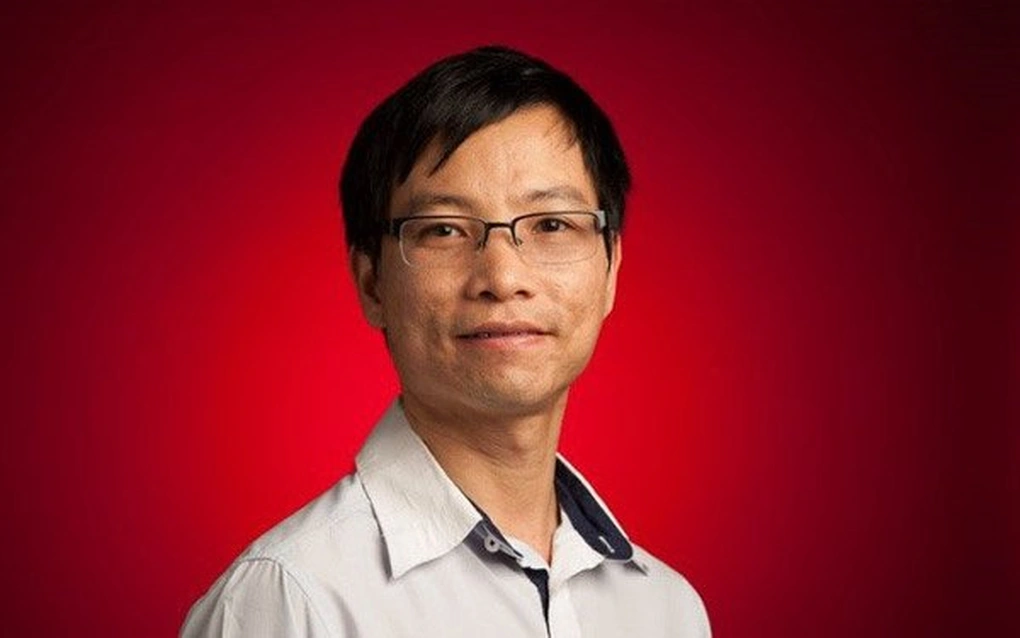
Dr. Le Viet Quoc (Photo: IT).
How do you evaluate Vietnam's resources in AI and semiconductors, as well as policy recommendations for Vietnam to join this game?
- The semiconductor industry requires a lot of resources, even billions of dollars in investment if it pursues production. In the world today, TMSC is a company that pursues chip production. If we choose to pursue chip production, we will follow other countries. Besides, if we choose to produce cheap chips, we will compete directly with China.
In my opinion, if you choose semiconductors and AI, you should choose AI because this industry requires less resources and there is still a long way for Vietnam to catch up or surpass.
If we still choose the semiconductor chip path, we should follow the design direction like Nvidia. This segment has higher profit margins and is also suitable for Vietnam's human resources.
For AI, we should not rush to catch up with giants like DeepSeek but should focus on breakthroughs and innovations. For example, using AI to design semiconductor chips is a very new industry that can be considered. Besides, current AI models have many loopholes. If the Vietnamese community knows these loopholes and exploits them, there is a chance to get ahead in the AI game.
Does Vietnam have a latecomer advantage?
- The person who goes first has the advantage of going first and the person who goes later also has the advantage of going later. For example, in a marathon, the person who goes later will avoid the wind. We who go later will have our own advantages such as learning the lessons that the person who goes first has encountered.
ChatGPT or Google Gemini faced the problem of meeting the needs of large numbers of users and could not dig deep into the model. Meanwhile, the companies that came later could focus on digging deeper into the model.
In addition, in the long run, the models will reduce costs very quickly. The later countries have the opportunity to access the model at a cheaper cost. However, to break through, these countries need to have innovation and breakthroughs, for example, DeepSeek also has their breakthrough technology.
Should countries like Vietnam develop AI using the open source model?
- The open source issue will develop very quickly in the near future. Vietnam should use open source. We should take advantage of it instead of inventing AI and then develop it further in medicine and academia.
Besides using, Vietnam and other countries should contribute to open source. By contributing to open source, we will create a name and attract talents.
For example, Vietnamese companies that have models like VinAI's PhoGPT or have some breakthroughs should contribute open source code. Or we can contribute with data sources.


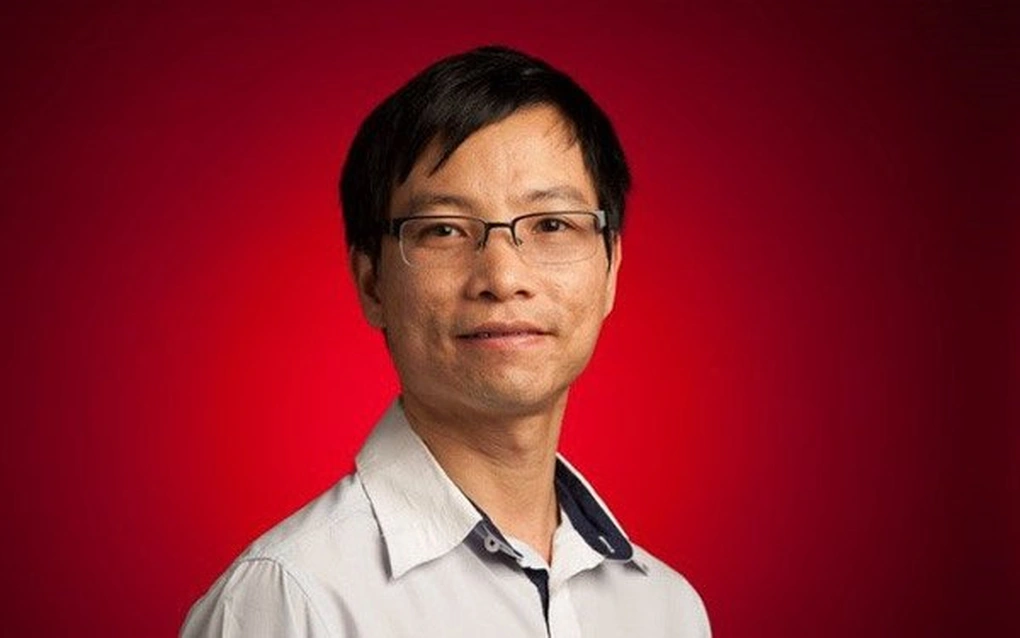

![[Photo] Unique architecture of the deepest metro station in France](https://vphoto.vietnam.vn/thumb/1200x675/vietnam/resource/IMAGE/2025/11/14/1763107592365_ga-sau-nhat-nuoc-phap-duy-1-6403-jpg.webp)

![[Photo] Unique art of painting Tuong masks](https://vphoto.vietnam.vn/thumb/1200x675/vietnam/resource/IMAGE/2025/11/14/1763094089301_ndo_br_1-jpg.webp)






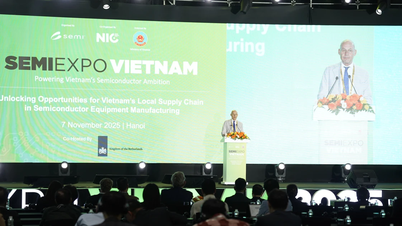

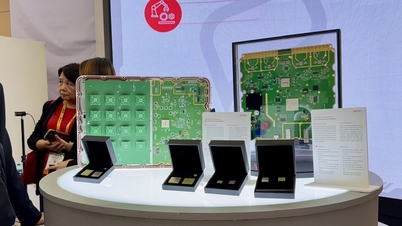



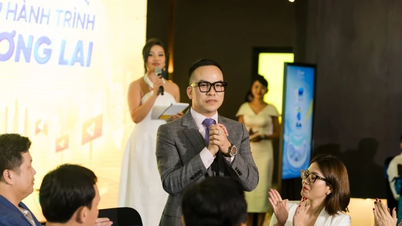














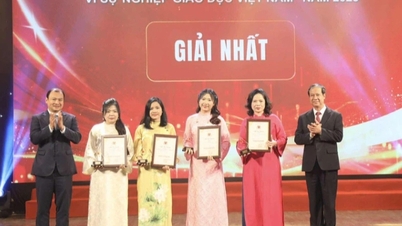

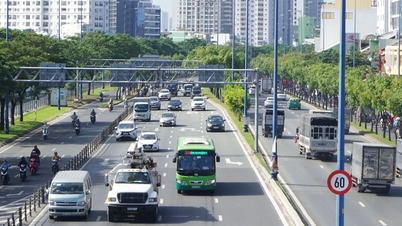
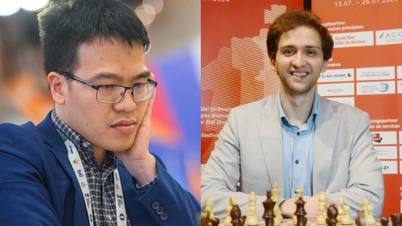
![[Photo] Special class in Tra Linh](https://vphoto.vietnam.vn/thumb/1200x675/vietnam/resource/IMAGE/2025/11/14/1763078485441_ndo_br_lop-hoc-7-jpg.webp)



































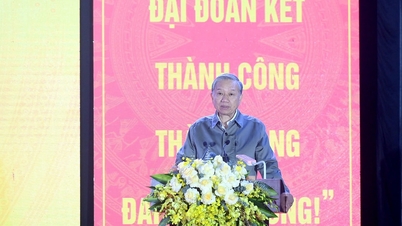




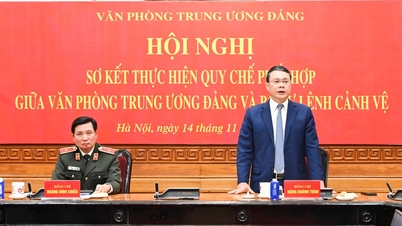




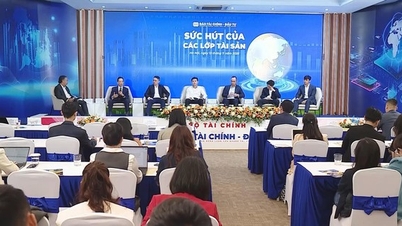

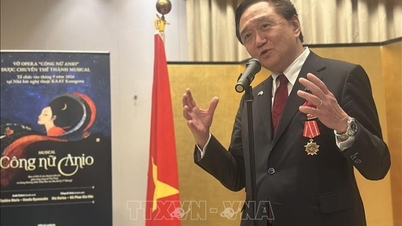

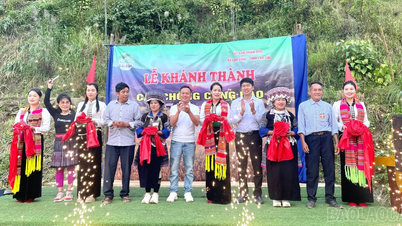

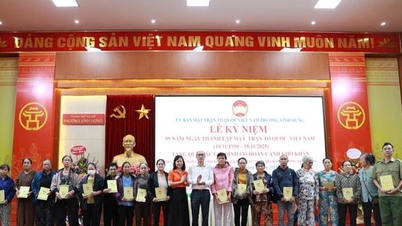










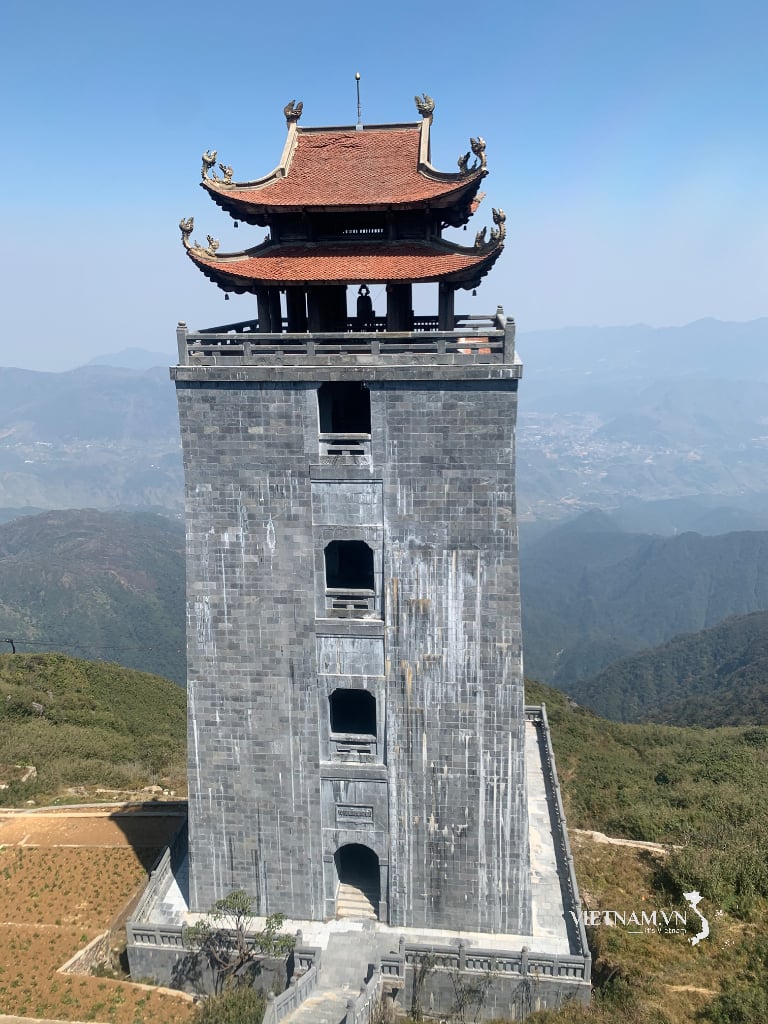

Comment (0)